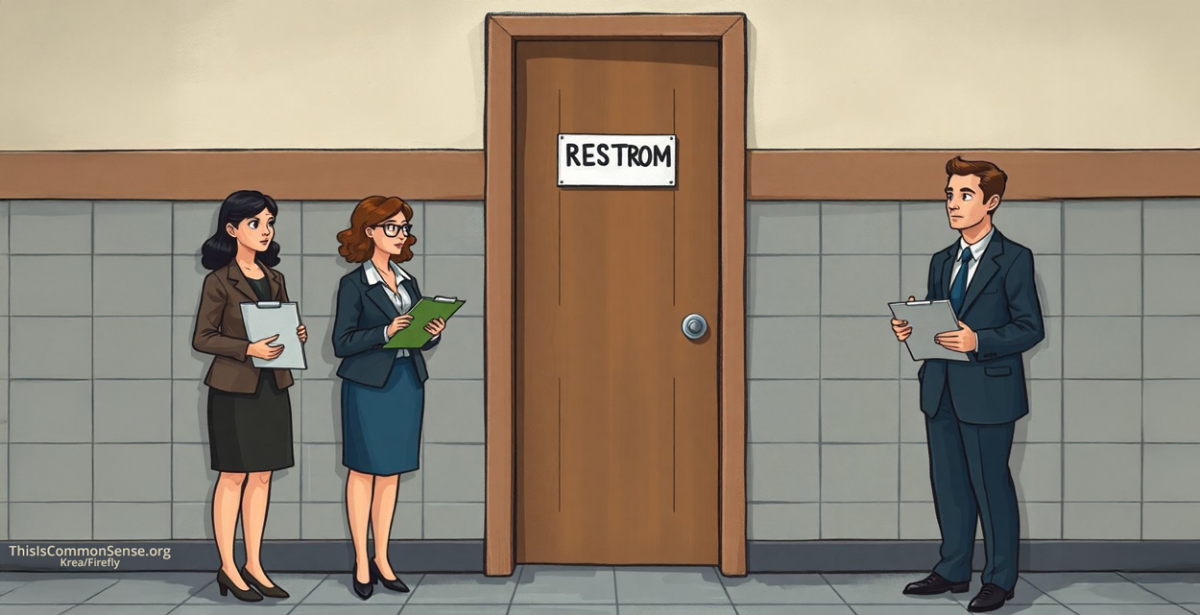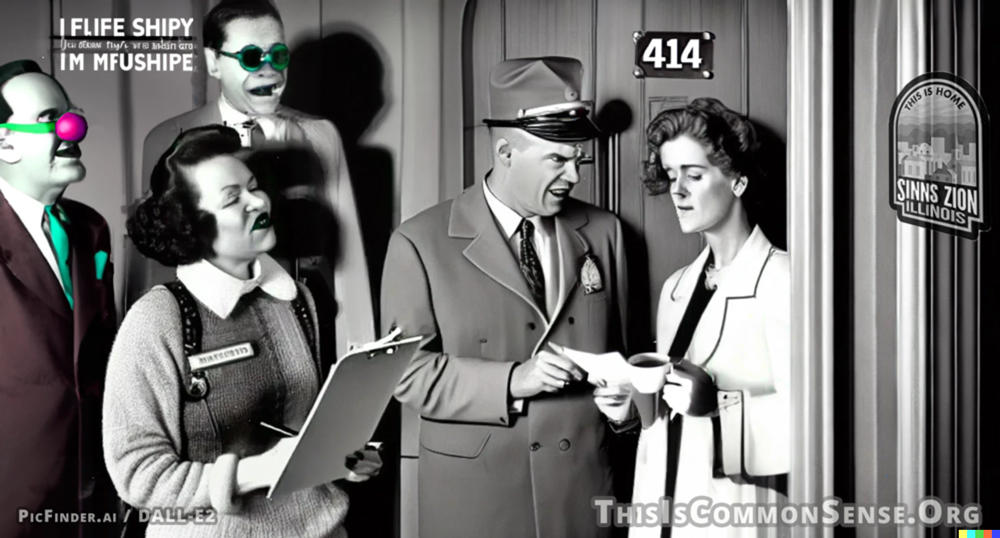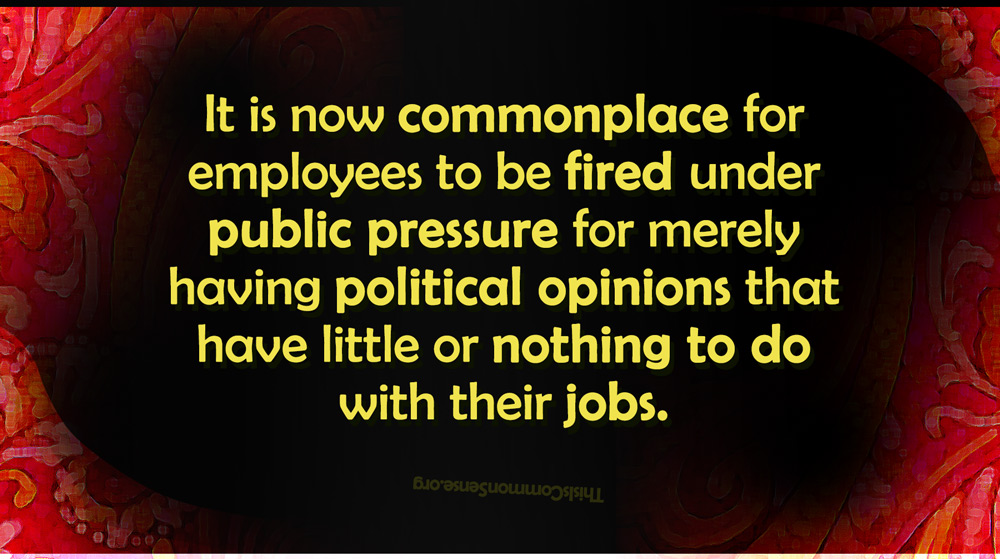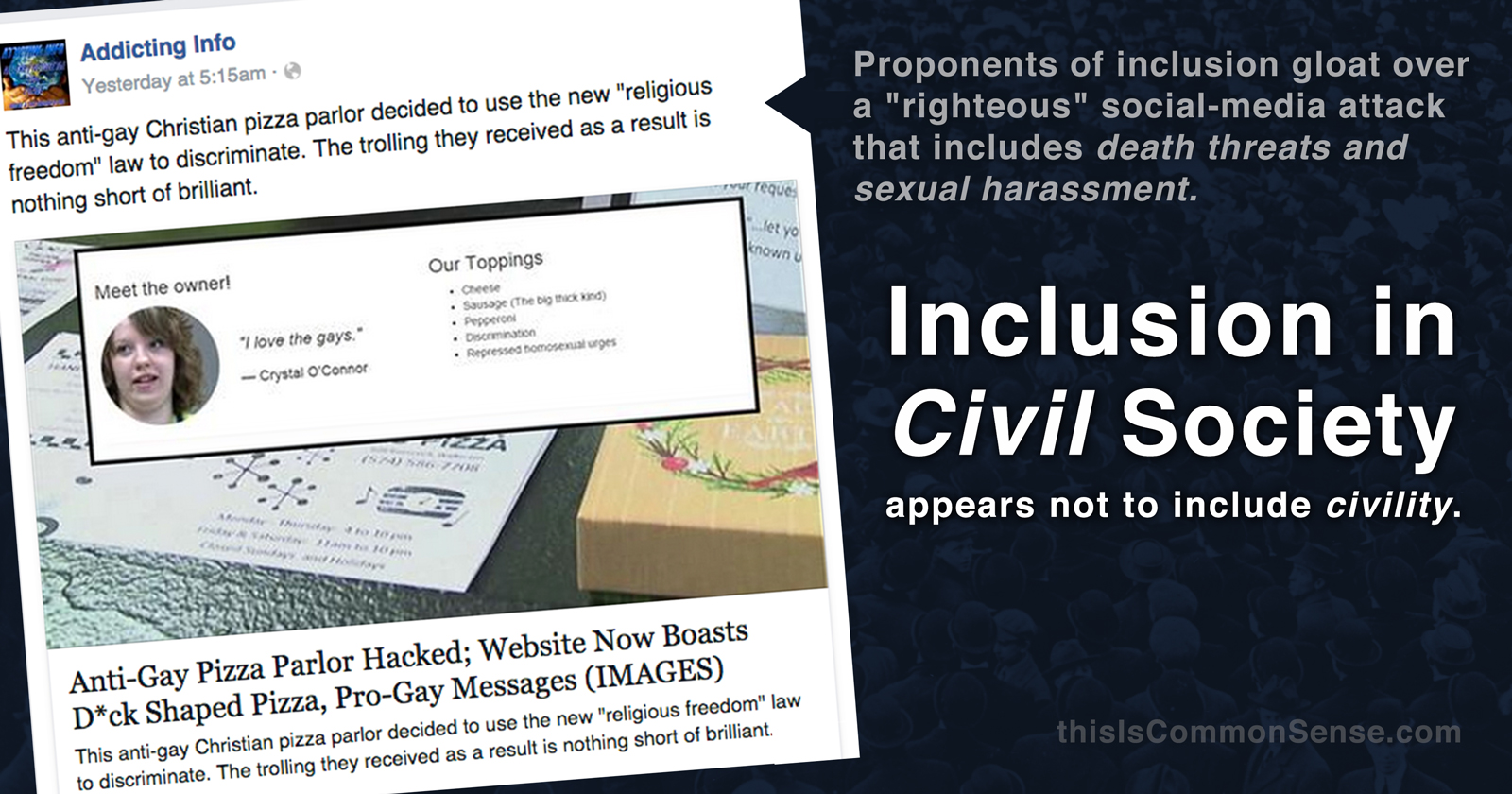Perhaps you remember the good old days — when men were men, women were women, and private establishments could maintain men’s restrooms and women’s restrooms for the men and the women without worrying about totalitarian edicts from a Human and Civil “Rights” Commission.
Those days may not be gone forever. But it sure must feel like it to the owners of the Hideout Arcade Bar & Grille in Rehoboth Beach, Delaware.
The restaurant refused the request of a man, what news reports call a “biological man,” who wanted to use the woman’s bathroom at the restaurant. His reason was that — well, I’m not sure his exact rationale matters. Anyway, the restaurant said no, doubtless feeling that it had a right to protect the sensibilities of the women using its bathrooms and to establish rules for their use.
He must have complained, because the Delaware Human and Civil “Rights” Commission got involved and, ignoring any common-sense defense the restaurant offered, has fined the restaurant $2,000 and imposed “anti-discrimination training” — i.e., reeducation — on its employees.
No word on whether they’ll be forced to wear dunce caps, as were some unfortunates during China’s Cultural Revolution.
Commission members might say they’re merely following the law — they just work there. Delaware enacted an Equal Accommodations Law mandating that “All persons within the jurisdiction of this state are entitled to full and equal accommodations, facilities … regardless of … sex.”
Notice that the law did not say “heedless” of sex, however.
This is Common Sense. I’m Paul Jacob.
Illustration created with Krea and Fireflly
See all recent commentary
(simplified and organized)
See recent popular posts













